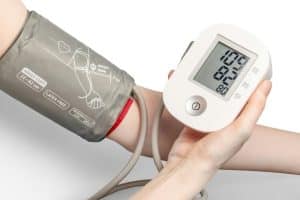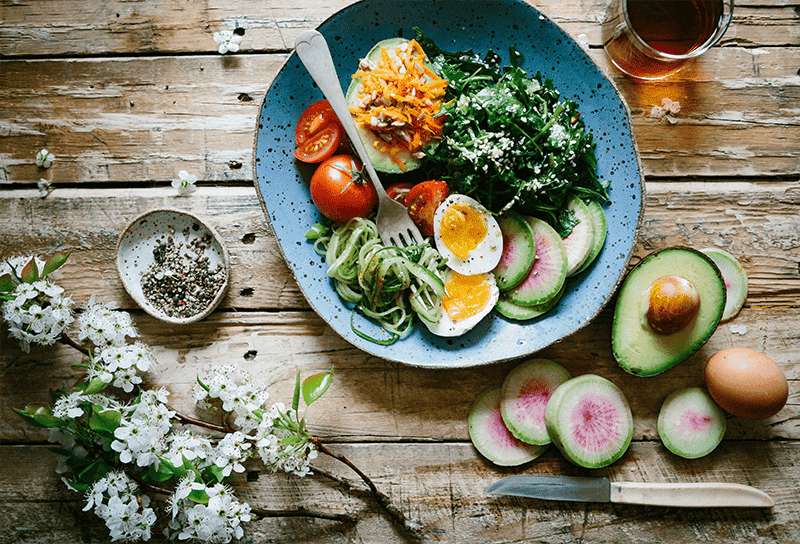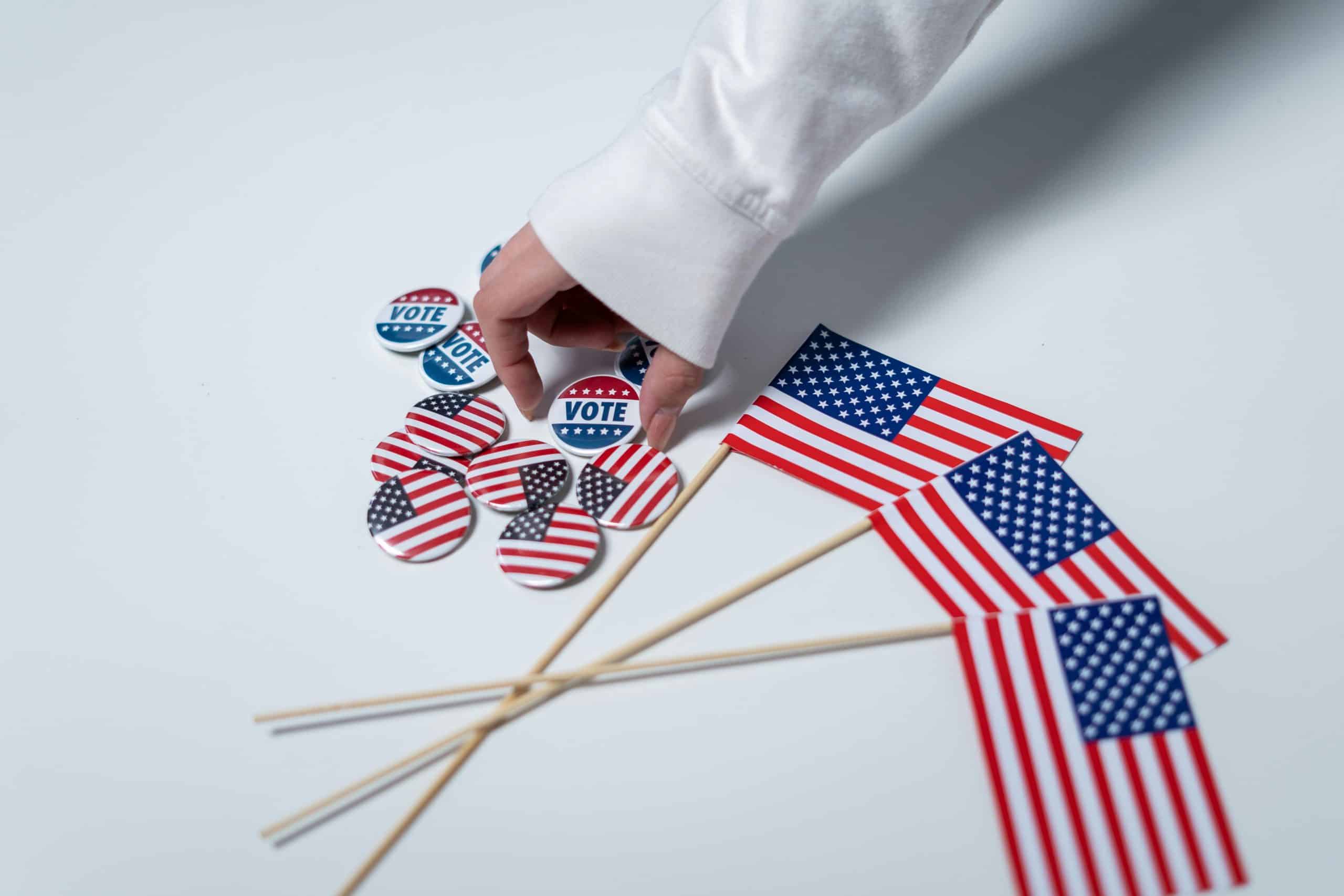Managing your blood pressure is more important than you might realize. Hypertension, also known as high blood pressure, affects 1 in 3 adults in the U.S. It’s a silent condition that often goes unnoticed, but its long-term consequences can be severe. Uncontrolled blood pressure increases the risk of heart disease, stroke, kidney damage, and even cognitive decline. The good news is that you don’t have to rely solely on medications to manage it. Simple lifestyle changes can significantly lower blood pressure and improve overall health.

Understanding Blood Pressure and Its Impact
Blood pressure is the force of blood pushing against the walls of your arteries as your heart pumps. When this force is consistently too high, it can cause damage to your blood vessels, heart, and other organs. Hypertension often doesn’t show obvious symptoms, which is why it’s sometimes called the “silent killer.” The consequences of untreated high blood pressure are severe. Over time, it can cause arteries to narrow, weakening the heart, damaging kidneys, and even impairing brain function.
Eating a Heart-Healthy Diet
A heart-healthy diet is one of the most effective natural methods to eliminate high blood pressure. The DASH diet emphasizes vegetables, fruits, lean proteins, and whole grains. These foods are naturally low in fat and high in nutrients, which help support healthy blood vessels and reduce blood pressure. For example, incorporating more foods like leafy greens, whole wheat bread, and fish like salmon can improve circulation and reduce strain on your heart.
Salt is one of the biggest contributors to high blood pressure. Consuming too much sodium causes the body to retain water, which increases blood volume and leads to higher pressure on the blood vessels. To lower your blood pressure, limit your sodium intake to under 2,300 milligrams a day or 1,500 milligrams for more significant results. Avoiding processed and packaged foods is key, as these often contain hidden sources of sodium.
Focus on foods rich in potassium and magnesium to support heart health. Potassium helps balance the negative effects of sodium, while magnesium promotes healthy blood vessel function. Processed foods are typically high in sodium and unhealthy fats, both of which can raise blood pressure. Fast food, canned soups, and packaged snacks are major offenders. Cutting back on these can make a significant difference in managing your blood pressure.
Increasing Physical Activity
These are the most effective for cardiovascular health and include activities like walking, jogging, swimming, and cycling. The key is consistency—aim for at least 150 minutes of moderate-intensity aerobic activity each week. This could be broken down in various ways, but the most common is 30 minutes daily, 5 days a week. Aerobic exercises improve heart function and promote better circulation, helping lower systolic and diastolic blood pressure. Resistance exercises, such as lifting weights or using resistance bands, can also benefit blood pressure.
While it’s important not to focus solely on strength training, incorporating it into your routine twice a week can increase muscle mass and enhance overall heart health. Stronger muscles allow the heart to pump more efficiently and reduce strain on the body. Consistency is key when it comes to exercise. Finding activities you enjoy makes all the difference in sticking to a routine. Start slow and gradually increase the intensity or duration of your workouts. Setting small, achievable goals helps you stay motivated and gives you a sense of accomplishment along the way.
Limiting Alcohol and Caffeine Intake
Excessive alcohol consumption can cause high blood pressure, making it harder for your heart to pump blood effectively. When consumed in large amounts over time, alcohol can also weaken the heart muscle, increasing the risk of heart disease. To avoid these risks, it’s important to stick to recommended limits: for women, no more than 1 drink per day, and for men, no more than 2 drinks per day. This helps maintain a healthy balance without putting undue strain on your cardiovascular system.
Caffeine can temporarily cause high blood pressure. This is especially true in people who are sensitive to it. While the effects may not be long-lasting, frequent consumption of high amounts can contribute to sustained elevated blood pressure. The degree of sensitivity to caffeine varies from person to person, so it’s important to monitor how it affects you. Consider reducing your intake if your blood pressure rises after a cup of coffee or energy drink.
Wrapping Up
Managing high blood pressure naturally starts with small but powerful lifestyle changes. Eating a heart-healthy diet, increasing physical activity, and limiting alcohol and caffeine are key steps in reducing hypertension and improving heart health. Start with one change and build from there. Consulting with a healthcare provider can help you create a personalized plan. Make these adjustments today for better long-term heart health.
Disclaimer: This article is intended simply to provide information. It does not replace the medical advice of a physician or other medical professional. Please speak with your doctor or therapist if you have any questions or concerns.









